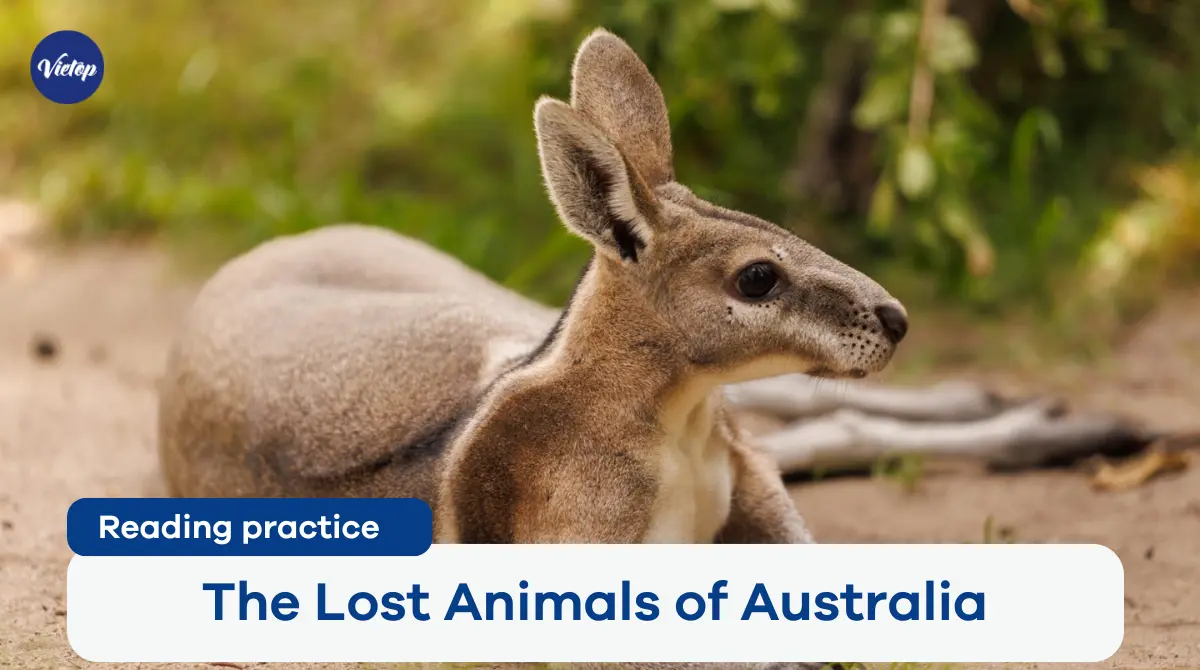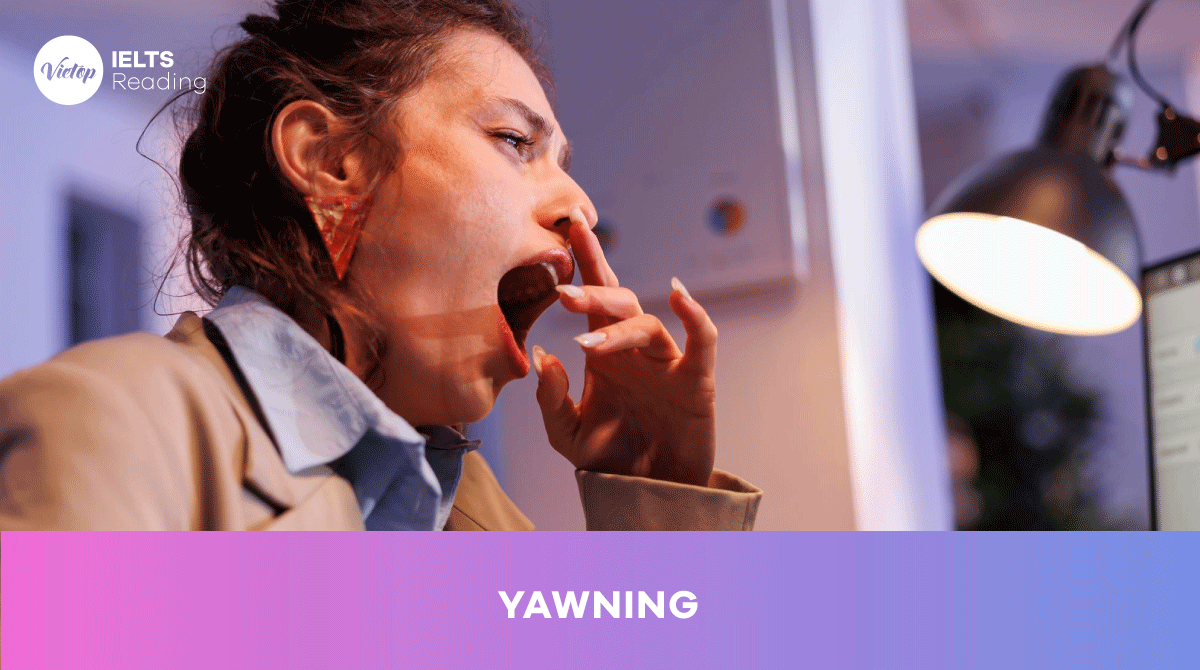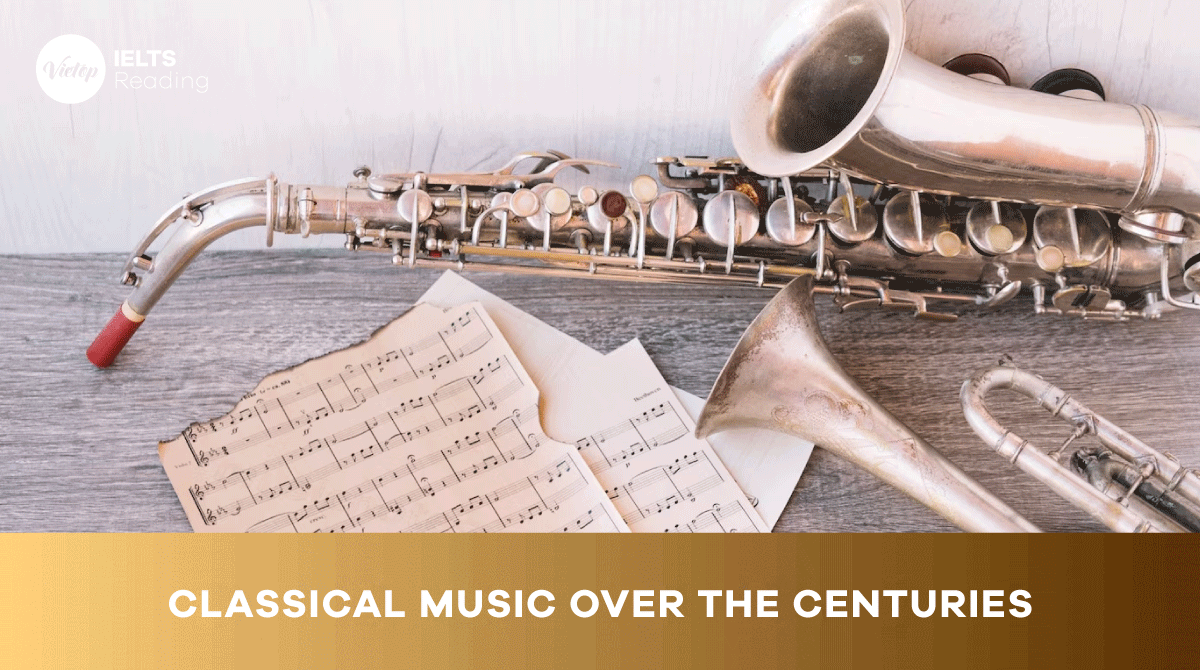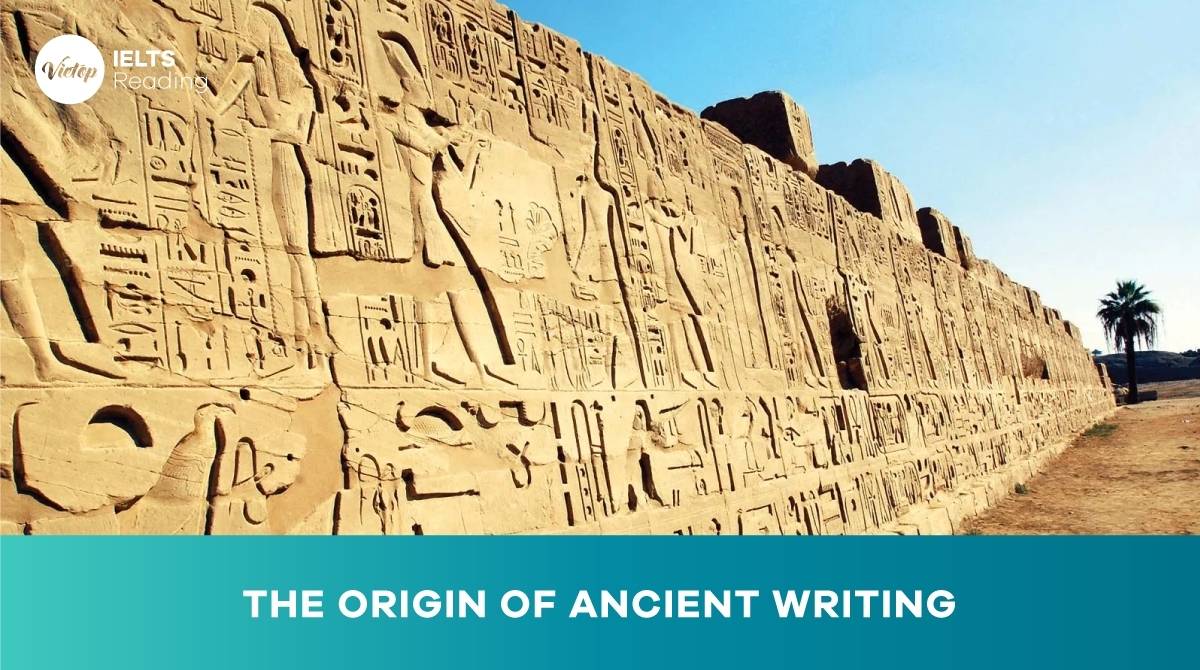A
In my view, it is perfectly possible for many species of animals living in zoos or wildlife parks to have a quality of life as high as, or higher than, in the wild. Animals in good zoos get a varied and high-quality diet with all the supplements required, and any illnesses they might have will be treated. Their movement might be somewhat restricted, but they have a safe environment in which to live, and they are spared bullying and social ostracism by others of their kind. They do not suffer from the threat or stress of predators, or the irritation and pain of parasites or injuries. The average captive animal will have a greater life expectancy compared with its wild counterpart, and will not die of drought, of starvation or in the jaws of a predator. A lot of very nasty things happen to truly ‘wild’ animals that simply don’t happen in good zoos, and to view a life that is ‘free’ as one that is automatically ‘good’ is, I think, an error. Furthermore, zoos serve several key purposes.
B
Firstly, zoos aid conservation. Colossal numbers of species are becoming extinct across the world, and many more are increasingly threatened and therefore risk extinction. Moreover, some of these collapses have been sudden, dramatic and unexpected, or were simply discovered very late in the day. A species protected in captivity can be bred up to provide a reservoir population against a population crash or extinction in the wild. A good number of species only exist in captivity, with many of these living in zoos. Still more only exist in the wild because they have been reintroduced from zoos, or have wild populations that have been boosted by captive bred animals. Without these efforts there would be fewer species alive today. Although reintroduction successes are few and far between, the numbers are increasing, and the very fact that species have been saved or reintroduced as a result of captive breeding proves the value of such initiatives.
C
Zoos also provide education. Many children and adults, especially those in cities, will never see a wild animal beyond a fox or pigeon. While it is true that television documentaries are becoming ever more detailed and impressive, and many natural history specimens are on display in museums, there really is nothing to compare with seeing a living creature in the flesh, hearing it, smelling it, watching what it does and having the time to absorb details. That alone will bring a greater understanding and perspective to many, and hopefully give them a greater appreciation for wildlife, conservation efforts and how they can contribute.
D
In addition to this, there is also the education that can take place in zoos through signs, talks and presentations which directly communicate information to visitors about the animals they are seeing and their place in the world. This was an area where zoos used to be lacking, but they are now increasingly sophisticated in their communication and outreach work. Many zoos also work directly to educate conservation workers in other countries, or send their animal keepers abroad to contribute their knowledge and skills to those working in zoos and reserves, thereby helping to improve conditions and reintroductions all over the world.
E
Zoos also play a key role in research. If we are to save wild species and restore and repair ecosystems we need to know about how key species live, act and react. Being able to undertake research on animals in zoos where there is less risk and fewer variables means real changes can be effected on wild populations. Finding out about, for example, the oestrus cycle of an animal of its breeding rate helps us manage wild populations. Procedures such as capturing and moving at-risk or dangerous individuals are bolstered by knowledge gained in zoos about doses for anaesthetics, and by experience in handling and transporting animals. This can make a real difference to conservation efforts and to the reduction of human-animal conflicts, and can provide a knowledge base for helping with the increasing threats of habitat destruction and other problems.
F
In conclusion, considering the many ongoing global threats to the environment, it is hard for me to see zoos as anything other than essential to the long-term survival of numerous species. They are vital not just in terms of protecting animals, but as a means of learning about them to aid those still in the wild, as well as educating and informing the general population about these animals and their world so that they can assist or at least accept the need to be more environmentally conscious. Without them, the world would be, and would increasingly become, a much poorer place.
Tham khảo thêm lộ trình học IELTS tại Vietop
Questions 14-17
Reading Passage 2 has six paragraphs, A-F.
Which paragraph contains the following information?
Write the correct letter, A-F, in boxes 14-17 on your answer sheet.
14 a reference to how quickly animal species can die out
15 reasons why it is preferable to study animals in captivity rather than in the wild
16 mention of two ways of learning about animals other than visiting them in zoos
17 reasons why animals in zoos may by healthier than those in the wild
Xem thêm:
- Reading Practice: Bodie: America’s most famous ghost town
- Reading Practice: This Marvellous Invention
Questions 18-22
Do the following statements agree with the information given in Reading Passage 2?
In boxes 18-22 on you answer sheet, write
TRUE if the statement agrees with the information
FALSE if the statement contradicts the information
NOT GIVEN if there is no information on this
18 An animal is likely to live longer in a zoo than in the wild
19 There are some species in zoos which can no longer be found in the wild.
20 Improvements in the quality of TV wildlife documentaries have resulted in increased numbers of zoo visitors.
21 Zoos have always excelled at transmitting information about animals to the public.
22 Studying animals in zoos is less stressful for the animals than studying them in the wild.
Questions 23 and 24
Choose TWO letters, A-E.
Write the correct letters in boxes 23 and 24 on your answer sheet.
Which TWO of the following are stated about zoo staff in the text?
A Some take part in television documentaries about animals
B Some travel to overseas locations to join teams in zoos.
C Some get experience with species in the wild before taking up zoo jobs.
D Some teach people who are involved with conservation projects.
E Some specialise in caring for species which are under threat.
Questions 25 and 26
Choose TWO letters, A-E
Write the correct letters in boxes 25 and 26 on your answer sheet.
Which TWO of these beliefs about zoos does the writer mention in the text?
A They can help children overcome their fears of wild animals.
B They can increase public awareness of environmental issues.
C They can provide employment for a range of professional people.
D They can generate income to support wildlife conservation projects.
E They can raise animals which can later be released into the wild.
Nếu bạn từng tự hỏi về lợi ích của sở thú, bài thi Reading Practice với chủ đề “Why zoos are good – Scientist David Hone makes the case for zoos” sẽ mở ra cho bạn một góc nhìn mới mẻ. Đây cũng là cơ hội tuyệt vời để bạn cải thiện kỹ năng đọc hiểu và mở rộng kiến thức về các vấn đề xã hội. Và để đạt điểm số cao nhất trong phần thi Reading này trong kỳ thi IELTS sắp tới, hãy tham gia các khóa học IELTS tại Vietop.
Khóa học này không chỉ giúp bạn làm quen với các dạng bài tập mà còn giúp bạn trang bị kiến thức cần thiết để bạn tự tin hơn trong quá trình ôn IELTS và làm bài thi trong kỳ thi sắp tới. Đăng ký ngay hôm nay để bắt đầu hành trình ôn luyện hiệu quả và chinh phục ước mơ của bạn!
Answers:
14. B (“Colossal numbers of species are becoming extinct across the world, and many more are increasingly threatened and therefore risk extinction. Moreover, some of these collapses have been sudden, dramatic and unexpected” → Tốc độ các loài động vật bị tuyệt chủng)
15. E (“Being able to undertake research on animals in zoos where there is less risk and fewer variables means real changes can be effected on wild populations.” → Nên nghiên cứu về động vật khi ở trong sở thú hơn là ở ngoài tự nhiên.)
16. C (“While it is true that television documentaries are becoming ever more detailed and impressive, and many natural history specimens are on display in museums” → Nêu lên 2 cách khác để nghiên cứu về động vật”
17. A (“Animals in good zoos get a varied and high-quality diet with all the supplements required, and any illnesses they might have will be treated. Their movement might be somewhat restricted, but they have a safe environment in which to live” → Thú sống trong sở thú có thể tốt hơn ở ngoài môi trường tự nhiên.)
18. TRUE (Đoạn A, “it is perfectly possible for many species of animals living in zoos or wildlife parks to have a quality of life as high as, or higher than, in the wild.” →
19. TRUE (Đoạn B, “ A good number of species only exist in captivity, with many of these living in zoos.” → Nhiều loài sống trong sở thú)
20. NOT GIVEN (Không có thông tin về kết quả mà những phim tài liệu trên TV mang lại)
21. FALSE (“there is also the education that can take place in zoos … where zoos used to be lacking” → Ngày trước sở thú vẫn còn thiếu sót và chưa hiệu quả lắm)
22. NOT GIVEN (Không có thông tin liên quan đến việc động vật cảm thấy căng thẳng ở ngoài môi trường tự nhiên)
23. B
24. D
→ Đoạn D, “Many zoos also work directly to educate conservation workers in other countries, or send their animal keepers abroad to contribute their knowledge and skills to those working in zoos and reserves” → Nhắc tới (B) Những người ở nước ngoài hoặc ở những sở thú khác và (D) dạy cho những người bảo vệ động vật
25. B
26. E
→ Đoạn F, “They are vital not just in terms of protecting animals, but as a means of learning about them to aid those still in the wild, as well as educating and informing the general population about these animals and their world so that they can assist or at least accept the need to be more environmentally conscious.” → Đề cập tới (B) Có thể nâng cao ý thức về bảo vệ môi trường và (E) Nuôi động vật để sau này thả ra ngoài tự nhiên)









